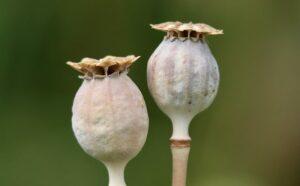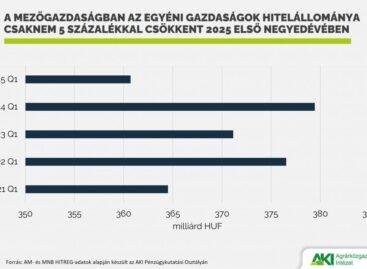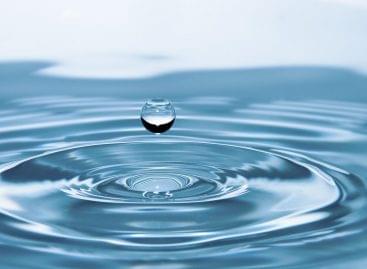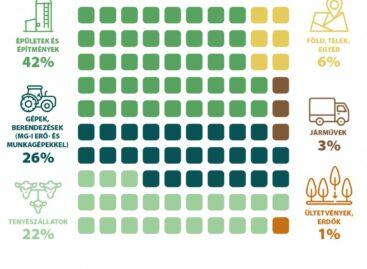Edible poppies from producers will be available at an affordable price
This year, the signs are favorable for Hungarian poppy producers both in terms of quantity and quality. Based on the current state of the poppy plantations, an abundant harvest is expected, the harvest of which can begin in mid-July and be completed by the beginning of August. One of the largest poppy plantations is located in Somogyvár in Somogy county, where the views are particularly good, although the plants still need warmth and lots of sunshine.

(Photo: Pixabay)
According to Roland Gyenis, co-manager of the Gyenis Agro Group, there have been favorable rainfall conditions in the past period, the proper distribution of which also contributed to the good crop yield, which can reach up to one ton per hectare. Although the autumn sowings did not start smoothly due to sowing errors, the plants developed well as a result of the subsequent rainfall and soil preparation.
In Somogy, there were several strong storms during the spring period, which posed a risk for poppies
Rain coming with strong winds can damage the plants, but so far they have successfully weathered every storm. Longer sunshine is also beneficial for the ripening process, so harvesting should start earlier than planned. Sales start at the beginning of August both locally and online. However, due to the lack of labor, it is difficult to get to the markets, even though there are farmers’ markets in more and more settlements, which would need permanent sellers. Gyenis Agro is trying to solve this problem as well.
The demand for edible poppies from producers is constantly increasing
In the price competition, even the smaller producers are able to compete with the larger ones, as this year the price of poppies per kilogram is between HUF 2-3 thousand. Roland Gyenis’ plans also include improving the quality of packaging, so they plan to buy a new line of packaging machines, which will make their products more attractive even during online shopping and provide an opportunity to enter retail chains. In recent decades, many producers have given up growing poppies, but some continue to do so in Hungary. It is difficult for domestic producers to compete with the low prices of Slovak and Turkish imports, as poppy cultivation is labor- and cost-intensive, which is also reflected in the prices.
The flavor intensity and oil content of the current Hungarian poppy falls short of the varieties grown in the last century, as the European Union introduced strict regulations for poppy cultivation. The opium contained in poppies is a dangerous drug that can also be used to make heroin, so the EU has made the cultivation of poppies mandatory and only permits varieties that contain reduced amounts of opium.
novenyvedoszer.hu
Related news
Agricultural loans decreased by 6 percent
Agricultural loans decreased by 6.0 percent to HUF 1,001.2 billion…
Read more >Agriculture’s income-generating capacity may depend on irrigation
Europe is facing an increasingly significant water shortage, so agriculture’s…
Read more >42 percent of agricultural investments were spent on buildings and structures in 2024
According to preliminary data from the Central Statistical Office, the…
Read more >Related news
Corporate leaders’ commitment to sustainability at record level
According to the latest data from the K&H Sustainability Index,…
Read more >FAO food price index rose slightly in June due to higher prices of meat, dairy products and vegetable oils
The Food and Agriculture Organization of the United Nations (FAO)…
Read more >What can cause the price of a wine to increase tenfold?
There are fewer of them worldwide than the number of…
Read more >






